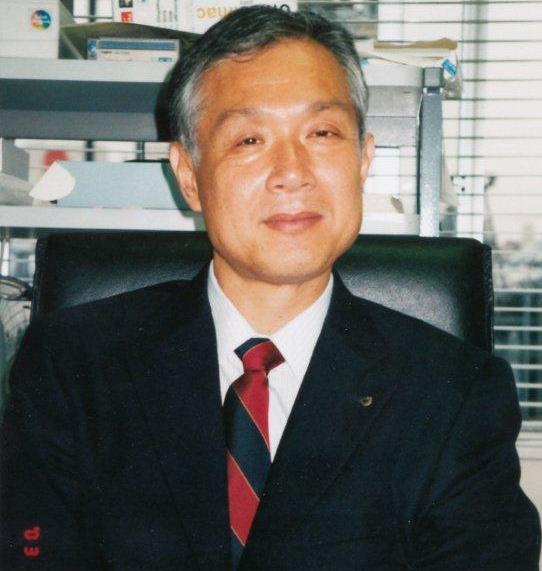Pharmacist’s Comprehensive Medication Review in Deprescribing Chronic Medications at the End of Life
Author(s): Selina Muhn, Nishita Shah Amin, Chandni Bardolia, Jacques Turgeon, Jill Shanor and Veronique Michaud
Appropriate medication management is essential to improve quality of life for patients with terminal illness. Individuals under hospice care are vulnerable to adverse drug events due to their terminal disease, multiorgan failure, and polypharmacy. Pharmacists are essential partners when it comes to participating in the care of hospice patients with complex medication regimens and to identifying treatments tailored to each patient. The purpose of this case report is to demonstrate the value of a pharmacist’s comprehensive medication review, assisted by a clinical decision support system, in deprescribing certain chronic medications for a patient in hospice care who had been chronically experiencing alternating episodes of constipation and diarrhea. This case describes a 64-year-old male with stage IV metastatic lung cancer who was presented to a pharmacist to complete a comprehensive medication review. Upon reviewing the patient’s medical history, goals of care, and medications, the pharmacist recommended to discontinue 1) aspirin to mitigate risk of gastrointestinal bleed; 2) simvastatin to improve quality of life and mitigate a Cytochrome P450 (CYP) 3A4 drug-drug interaction (DDI); 3) lactulose to mitigate risk of gastrointestinal side effects; 4) duloxetine to mitigate a CYP2D6 DDI; and 5) furosemide due to ineffective dose. The provider and the patient agreed to discontinue aspirin, simvastatin, and lactulose. The provider also deprescribed duloxetine and furosemide based on the pharmacist’s previous recommendations, and all discontinued medications were not restarted. Five months later, the patient reported to be doing well and continuing his weekly physical therapy sessions for gait and mobility.


 Impact Factor: * 5.31
Impact Factor: * 5.31 Acceptance Rate: 75.63%
Acceptance Rate: 75.63%  Time to first decision: 10.4 days
Time to first decision: 10.4 days  Time from article received to acceptance: 2-3 weeks
Time from article received to acceptance: 2-3 weeks 
